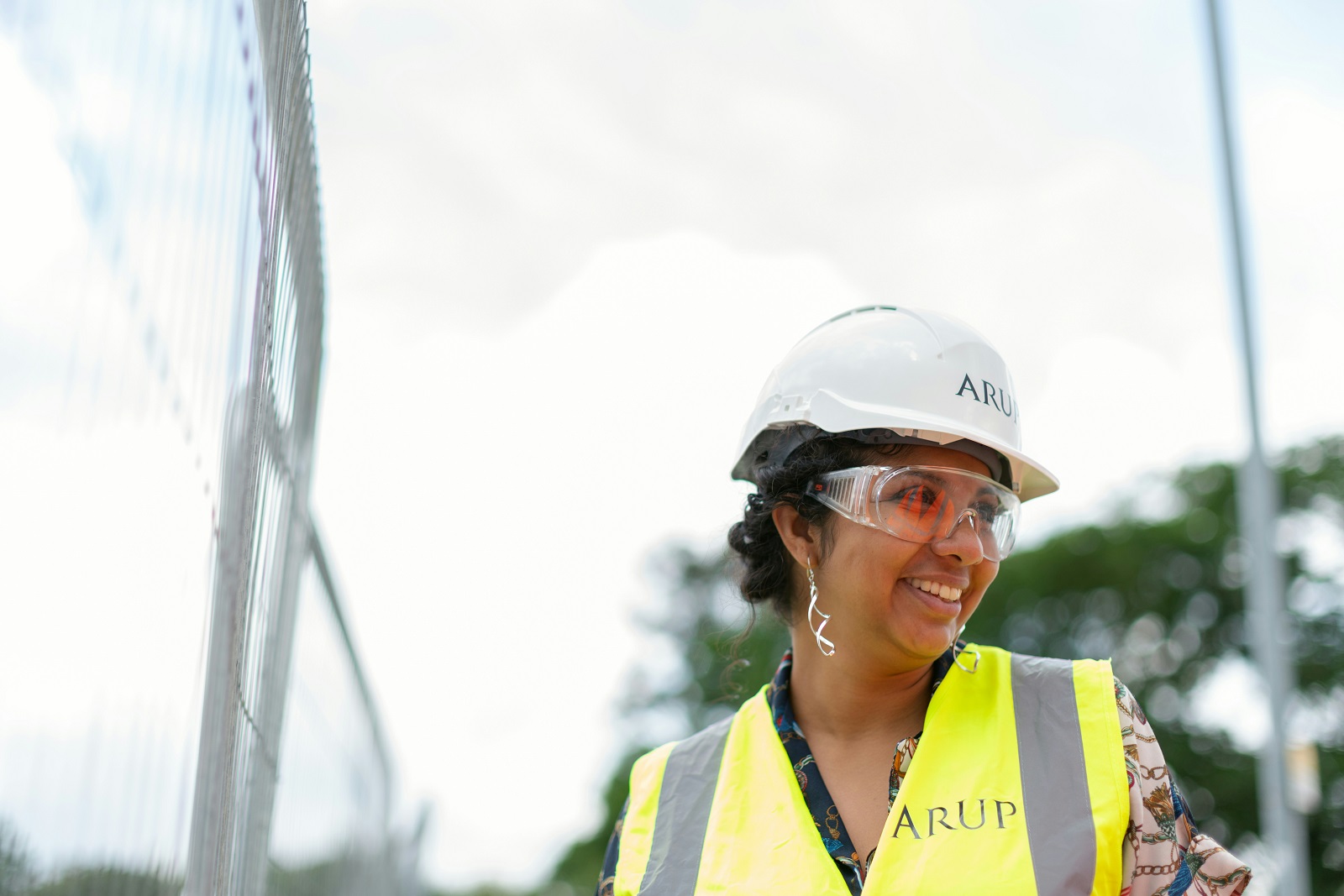Myth 1: RPL is Only for Formal Education
One of the most pervasive myths is that RPL only applies to formal education. This is not the case. RPL at KiT recognizes informal learning as well, including skills gained through work experience, volunteer activities, and even hobbies. For instance, a chef who has been cooking in a professional kitchen for years might not have a formal qualification but can still apply for RPL in the SIT30821 – Certificate III in Commercial Cookery based on their experience.
Myth 2: RPL is a Lengthy and Complicated Process
Another common misconception is that RPL is a complicated and time-consuming process. While it does require effort, the process is straightforward, especially with the support of KiT’s academic advisors. By providing clear guidelines and templates, we make it easier for you to compile your evidence and submit your application. For example, students the SIT40521 – Certificate IV in Kitchen Management can quickly gather evidence like job descriptions, references, and work samples to demonstrate their proficiency in areas such as food safety, kitchen operations, and team leadership. By streamlining the evidence collection process, RPL becomes more accessible and manageable.
Myth 3: RPL Doesn’t Offer the Same Value as Traditional Study
Some students believe that RPL is less valuable than traditional study because it doesn’t involve classroom learning. However, RPL is designed to acknowledge that real-world experience can be just as valuable as academic learning. The skills you’ve gained on the job are often directly applicable to your studies. For example, someone with years of experience managing a restaurant can use RPL to gain credits in the SIT50416 – Diploma of Hospitality Management, proving their competencies in areas such as financial management, staff coordination, and customer service.
Challenges in RPL and How to Overcome Them
While RPL offers many benefits, it’s not without its challenges. Here are some common hurdles and how to overcome them:
- Compiling a Comprehensive Portfolio: Gathering the necessary evidence can be time-consuming, but it’s crucial for a successful RPL application. Start by making a list of your experiences and matching them to the units within your chosen course. Use templates provided by KiT to organize your evidence and make sure it aligns with the course competencies.
- Understanding the Criteria: It can be challenging to understand exactly what is required for RPL. At KiT, our advisors are available to explain the criteria and help you determine which units you can apply for based on your experience.
- Fear of Rejection: Some students worry that their RPL application will be rejected. While this is a possibility, it’s important to remember that KiT’s advisors are here to guide you through the process and help you present the best possible case. Even if your application is not successful, you’ll receive feedback on how to improve it or what additional learning may be required.
Understanding and navigating the RPL process at Kordon Institute of Technology can save you time, money, and effort in achieving your educational goals. By debunking myths and addressing challenges head-on, you can make the most of RPL and advance your career with confidence.




